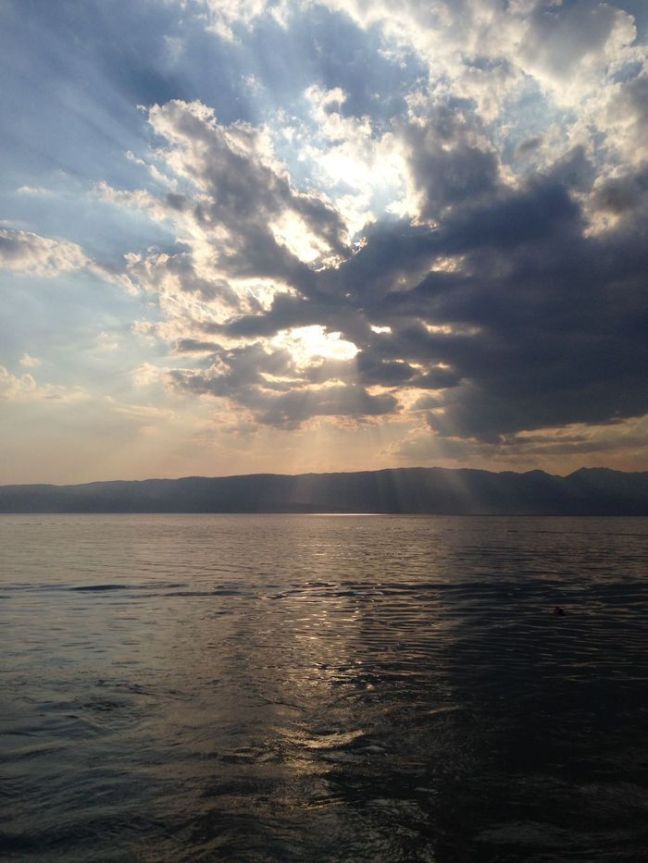In the hope of coming to a friendly understanding with the villagers by additional explanations, work was sus-pended for some time, but the negotiations to establish peace having failed, the erection of the wall was continued. The work had not gone far, when a band of women appeared, led by the principal female personage in the community, who enjoyed the distinction of being both the widow of the late imaum of the village mosque and the mother of the present incumbent of that office; a dark-visaged dame, with a sharp tongue. Not a single man accompanied the women. Armed with sticks and stones, the band of Amazons rushed upon the workmen and drove them off.
The intervention of the police obliged the women to retreat, but, when the masons returned next morning to their work, they found the women already upon the scene of action. The imaum s widow with another woman had seated themselves in the trench and defied the erection of the wall over their bodies I Again the police interfered, and, after all methods of gentle moral suasion had proved useless, they actually lifted the imaum’s widow somewhat forcibly out of the trench. She took the affront so much to heart that she kept her bed for several days.
There was a consequent lull in the storm. But soon the women resumed the struggle, coming in the dark and tearing down a considerable portion of the building. The wall had therefore to be guarded by the police during the day, and by watchmen during the night. Still the women would not abandon the contest, and, as a supreme effort, sent a long telegram to the Palace, invoking the sovereign’s aid and protection. In reply, they were invited to send a deputation to the Police Court connected with the imperial residence.
Responsible position by force
The pasha of the Court was a veteran official who, though he could not read, and knew to write only his own name, had reached his responsible position by force of character and the possession of common sense. He expounded the law to the women before him, informed them that he intended to enforce it, and gave them a tremendous scolding for the manner in which they and their sisters had behaved; seasoning justice, however, with mercy, to the extent of presenting them a small sum of money wherewith to meet the expense of their visit to him and of their telegram.









